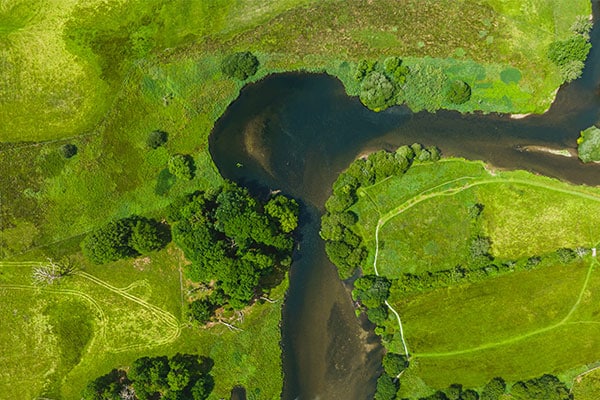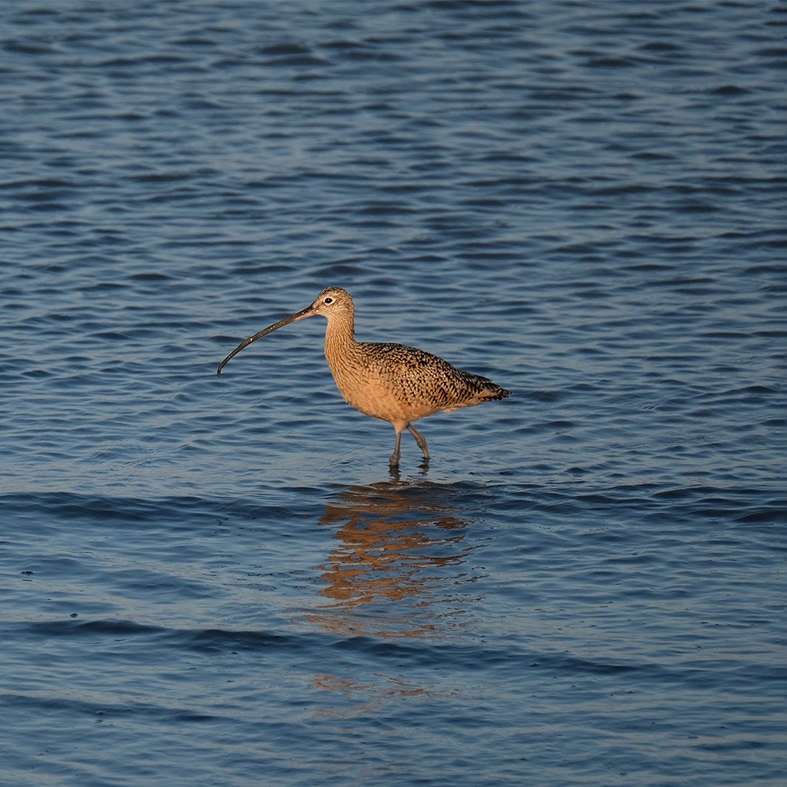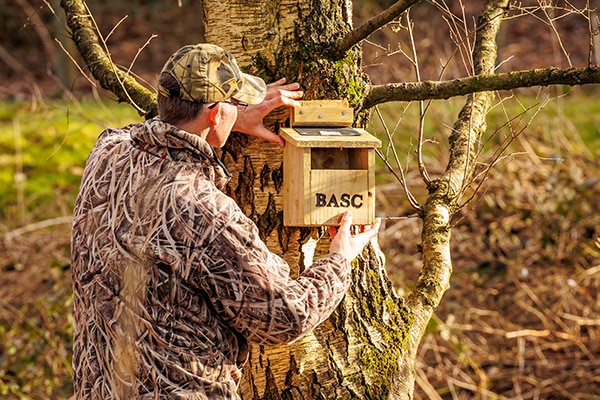
The natural capital benefits of shooting
BASC published its inaugural natural capital report in March 2024 to establish the value of benefits generated by UK shooting.
Get information on the legal shooting season for mammals and birds in the UK.
Apply for funding for your project or make a donation today
Comprehensive information and advice from our specialist firearms team.
Everything you need to know about shotgun, rifle and airgun ammunition.
Find our up-to-date information, advice and links to government resources.
Everything you need to know on firearms law and licensing.
All the latest news and advice on general licences and how they affect you.


Home » Conservation in Action » Breeding curlew need you
The curlew population stands on the brink of collapse. Data shows a 46 per cent decline in breeding curlew in the UK between 1994 and 2010, with a more than 50 per cent decline in Wales and Scotland. The numbers are still in rapid decline and the species is now listed as globally near-threatened.
The UK has around a quarter of the global breeding population of curlew. However, breeding success, or lack of it, is the most pressing challenge the bird faces.
Like other ground nesting waders their principal challenges are a lack of suitable habitat for breeding, inappropriate management of what habitat exists and predation from a range of species, especially fox and carrion crow.
Curlew and other ground-nesting waders’ strongholds are in upland areas, especially where the land is managed for grouse.
In these places there are large areas of suitable habitat, untroubled by farm operations like sileage cutting. There is also effective, landscape-scale predator management.
That does not mean that curlew are an upland breeder by preference, it’s just that is where they can still survive. Historically they bred in lowland grasslands; the need to find workable solutions for people and curlew to see lowland habitats returned cannot be overstated.
BASC actively supports curlew conservation partnerships across the UK. We encourage you to investigate their webpages for news and how to engage.
The Curlew Recovery Partnership
The partnership is pushing hard to see curlew friendly elements in the new Environmental Land Management Scheme for farmers and support independent action for curlew recovery. The website has some excellent resources for surveying and monitoring of curlew and an excellent YouTube account. BASC helps push the communication element of the partnership.
Gylfinir Cymru or, in English, the Wales Curlew Partnership.
BASC is one of the partnership’s most proactive members. As part of the launch of its recovery plan in 2021, the partnership produced a short film which succinctly explains what curlew need to survive and what they give society in return.
We’ve had unprecedented access to Welsh Ministers in recent years to discuss the policy changes needed to enable curlew recovery.
Started in 2007, this strong partnership covers not just curlew but the range of waders with common needs, such as oystercatcher and lapwing. It acts to raise awareness of the issues, demonstrates that declines can be reversed and the importance of partnership working. BASC has supported their communications work since its inception.
This partnership has nine focus areas across and benefits from central government funding for both the project team and local people bearing the costs of actions to support curlew recovery.

BASC published its inaugural natural capital report in March 2024 to establish the value of benefits generated by UK shooting.

Find out more about the conservation projects we are currently undertaking and how you can get involved.

Green shoots mapping is an online platform that offers shoot mapping and bag recording services.